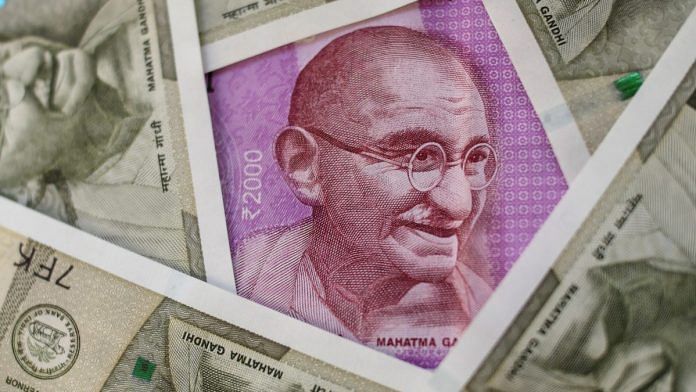I was recently invited on Clubhouse to lead a discussion of macroeconomics, and numerous listeners were skeptical of the value of my chosen field of study. So allow me a few more words in defense of macroeconomics as a useful and at least modestly scientific endeavor.
The first and most important thing to know about macroeconomics is that a strong negative shock to demand — a sudden decline, in other words — usually leads to a loss of output and employment. Nominal wages are sticky, for a complex mix of sociological reasons, and so employers do not always respond to lower demand with lower wages for workers. Instead they lay some people off, and that can lead to a recession.
That may sound pretty simple. But it is one of the most important discoveries in history. It was true in the Great Depression, in the disinflation of the 1970s and ‘80s, and in the financial crisis following 2008.
The second thing to know is that well-functioning central banks can offset such demand shocks to a considerable degree — or even prevent them from arising in the first place. The bank can engage in complex financial transactions or simply print more currency to stabilize nominal demand and restore some measure of order.
The third thing to know is that if central banks go crazy increasing the money supply, the result will be high price inflation. There is one exception to this, which was evident in 2008 and 2009, when the Fed paid interest on bank reserves: If central banks simultaneously act to decrease the velocity of money — that is, if they take measures to reduce borrowing and lending — then price inflation will be limited accordingly.
A fourth thing to know is that non-monetary shocks, if they are large enough, can also create recessions or depressions. Consider the oil price shock of 1973, the current pandemic, or bad harvests in earlier agrarian societies. Central banks can partially stabilize such shocks, but they cannot erase them.
I believe an overwhelming majority of macroeconomists would largely agree with these propositions, even if they might place the emphasis differently. And these four propositions are enough to elevate macroeconomics into the realm of the essential.
Things do get more controversial, though there is still a reasonable degree of consensus.
Consider the question of how large a federal budget deficit an advanced economy can run without courting a financial crisis. No one really knows. Nonetheless, there is agreement that high-return public investments will strengthen a country’s fiscal situation, even if financed by borrowing. Those returns will boost both output and tax revenue, at least in the medium term, and usually markets are capable of seeing those gains coming.
If economists disagree about the proper extent of fiscal policy, it is on the expected return of public investments. (Those further to the left tend to believe that high returns are fairly likely, those on the right that the government will choose investments poorly.) That is an important and very real disagreement — but it is about economic policy and the quality of government, not about macroeconomics per se. The underlying analysis of macro is consistent.
Once you get past those propositions and this disagreement, I am skeptical about a great deal of macroeconomics. I don’t know if the rate of price inflation should be 1.7% or 2.0%, and discussions of the matter read like mumbo-jumbo to me. I am fine with 2.0%, however, or for that matter 2.2%.
I don’t think macroeconomists know how to measure investment very well, especially when the relevant corporate assets are intangibles, as is often the case with tech companies, or if America has been in an “investment drought.” Nor are we good at predicting or even understanding movements in exchange rates or real interest rates or aggregate stock prices, three major areas of macroeconomics. I think you can learn something by listening to all sides of a debate on these matters, but at the end of the day it is better to stay agnostic. I also think measures of price inflation are almost useless over the long run, because a person today consumes a very different bundle of goods than one in, say, 1950.
Finally, allow me to add one more truth, though I recognize it is neither confirmed nor unanimously held: A growing population tends to be good for an economy, ceteris paribus, and a shrinking population bad.
Disparaging macroeconomics is an age-old pastime, and yes there is plenty we do not know or understand. But maybe the only thing worse than living with macroeconomics (or macroeconomists, though ask my wife) would be to try to live without it. – Bloomberg
Also read: Why it’s a good idea Budget 2021 focuses on not just curing but also preventing diseases




Interesting to see more and more mainstream macroeconomists writing apologetics these days. Looks like neokeynesianism is on the back foot, and probably permanently so, as more credible theories like MMT gain mindshare. I think the neokeynesians’ unwarranted certainty around provable failed theories like efficient markets, austeriy policy, Lucas critique, loanable funds, microfoundations, etc. have put the final nail in their coffin. Neokeynesisnism has been on a 50+ year dead-end with DSGE and ISLM models and it is now abundantly apparent to most people. The mainstream economists don’t have credibility anymore, they lost it after 2008.